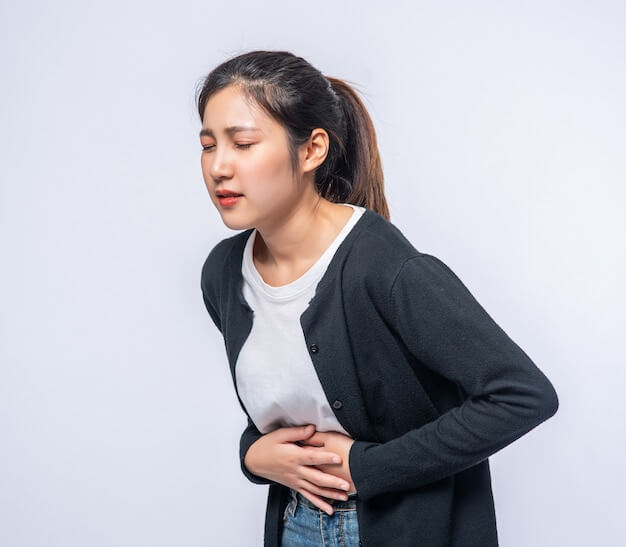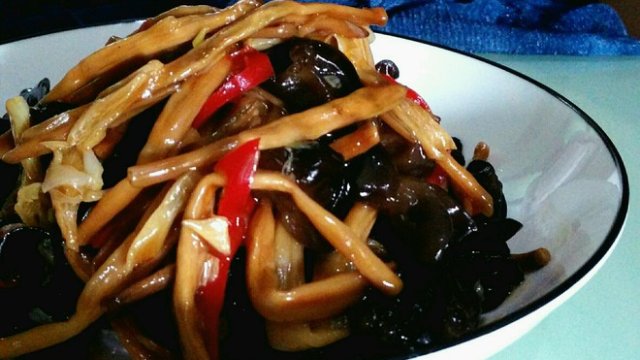
In daily life, many people are infected with Helicobacter pylori, but they do not know it. Helicobacter pylori often parasitizes in gastric mucosa. After infection, it mainly causes chronic gastritis, peptic ulcer and other diseases. It is closely related to gastric cancer, gastric mucosa associated lymphoid tissue lymphoma and other diseases, and is listed as the first class of biological carcinogens by the World Health Organization.
Symptoms of Helicobacter pylori infection
Early symptoms: most patients have no symptoms at the early stage of infection, and some patients may have acute gastritis symptoms, including epigastric pain, abdominal distension, nausea, vomiting, anorexia, etc.
Typical symptoms: the patient has digestive tract symptoms such as chronic upper abdominal pain, fullness, discomfort, acid regurgitation, belching, morning sickness, which indicates that Helicobacter pylori infection causes inflammatory changes in gastric mucosa, namely chronic gastritis.
When a few patients have the above symptoms of chronic gastritis, they gradually appear upper abdominal discomfort, fullness after eating, pain or weight loss, which suggests that long-term chronic inflammation may worsen in the process of gastric mucosa from normal gastric mucosa → superficial gastritis → atrophic gastritis → intestinal metaplasia → atypical hyperplasia → gastric cancer.
The typical symptoms of some patients are chronic, rhythmic epigastric pain, which occurs periodically, suggesting that it may develop into peptic ulcer.
Accompanying symptoms: Patients with Helicobacter pylori infection may also show anemia symptoms such as fatigue, pale face, bleeding spots, ecchymosis, and purpura with impaired renal function. This is because Helicobacter pylori infection is also closely related to diseases such as iron deficiency anemia and idiopathic thrombocytopenic purpura of unknown causes.
Other studies have shown that people infected with Helicobacter pylori have a higher risk of coronary heart disease, growth retardation in children and other extraintestinal diseases, but these symptoms are often ignored and associated with Helicobacter pylori infection.
Infection mode of Helicobacter pylori
Helicobacter pylori is generally transmitted through the digestive tract, including fecal oral route and oral oral route:
*The fecal oral route refers to that the infected person's feces containing bacteria directly or indirectly pollute the diet, and others will be infected after eating.
*The oral oral route refers to that the infected person's saliva containing bacteria has polluted food or tableware, and others have been infected after eating it. Some parents have kissed the baby or fed the baby food with their mouth to cause infection, which also belongs to the oral oral route.
*There is also a special way, that is, iatrogenic infection. It is mainly due to incomplete sterilization after digestive endoscopy for infected people, which may lead to the infection of Helicobacter pylori for others.

Daily prevention of Helicobacter pylori
Helicobacter pylori is infectious, which can be transmitted through hands, dirty food, dirty tableware, feces, etc. In daily diet, we should develop good hygiene habits, prevent infection and infection, wash our hands before meals and after defecation, try to eat cooked food heated by high temperature, drink boiled water, and wash and peel raw fruits and vegetables.
Regular physical examination: After family members have clearly diagnosed Helicobacter pylori infection, the positive rate of other members living with them is very high, so early prevention and treatment should be carried out.
Infected people need active treatment: Helicobacter pylori infection often shows a family aggregation phenomenon, so in order to effectively eradicate Helicobacter pylori and prevent secondary infection, we should actively treat family members infected with Helicobacter pylori to avoid infecting other people.
How to Care for Helicobacter Pylori Infection at Home
People infected with Helicobacter pylori should pay attention to hand hygiene, and raw and cold food should be washed before eating. Serving of individual dishes system is better for group meal. There are patients with Helicobacter pylori infection at home, and the dishes and chopsticks are sterilized at high temperature (cupboard disinfection). Patients with Helicobacter pylori infection should follow the doctor's advice, avoid drinking, and pay attention to re examination.
In life, we should always pay attention to the changes of our bodies and take regular physical examinations to ensure our health.
Popular Articles
-
Fitness Equipment | How to choose a suitable for their own yoga mat?

-
 Home storage tips ---- hidden storage
Home storage tips ---- hidden storageMay 20, 2025
-
 These "home essential" recommended good things, small objects of great use!
These "home essential" recommended good things, small objects of great use!May 20, 2025
-
 The world's most clean animal
The world's most clean animalMay 20, 2025
-

Photos
The world's most beautiful big cities at nightMay 20, 2025
-
 Nourishing Blood and Staying Beauty, Strengthening Brain and Resisting Senility | Fried Black Fungus with Day lily
Nourishing Blood and Staying Beauty, Strengthening Brain and Resisting Senility | Fried Black Fungus with Day lilyMay 20, 2025







Comments
0